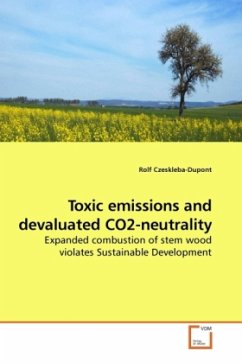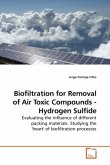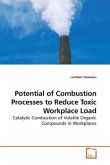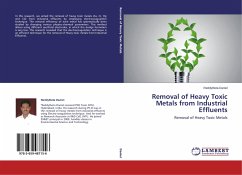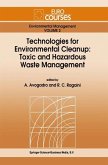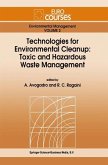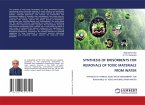Environmental, energy and climate policies need fresh reflections. In order to evaluate toxics reduction policies the Stockholm Convention on Persistent Organic Pollutants is mandatory. Denmark's function as lead country for dioxin research in the context of the OSPAR Convention is contrasted with a climate policy whose goals of CO2-reduction were made operational by green-wash. Arguments are given for the devaluation of CO2-neutrality in case of burning wood. Alternative practices as storing C in high quality wood products and/or leaving wood in the forests are recommended. A counter-productive effect of dioxin formation in the cooling phase of wood burning appliances has been registered akin to de-novo-synthesis in municipal solid waste incinerators. Researchers, regulators and the public are, however, still preoccupied by notions of oven design and operation parameters, assuming that dioxin behaves on line with other toxic pollutants from incomplete combustion. Evidence is given that this is not the case. Societal-historical problems of lacking consistency in dioxin research are contrasted with more sustainable approaches. - This is obligatory reading for concerned citizens.
Bitte wählen Sie Ihr Anliegen aus.
Rechnungen
Retourenschein anfordern
Bestellstatus
Storno

